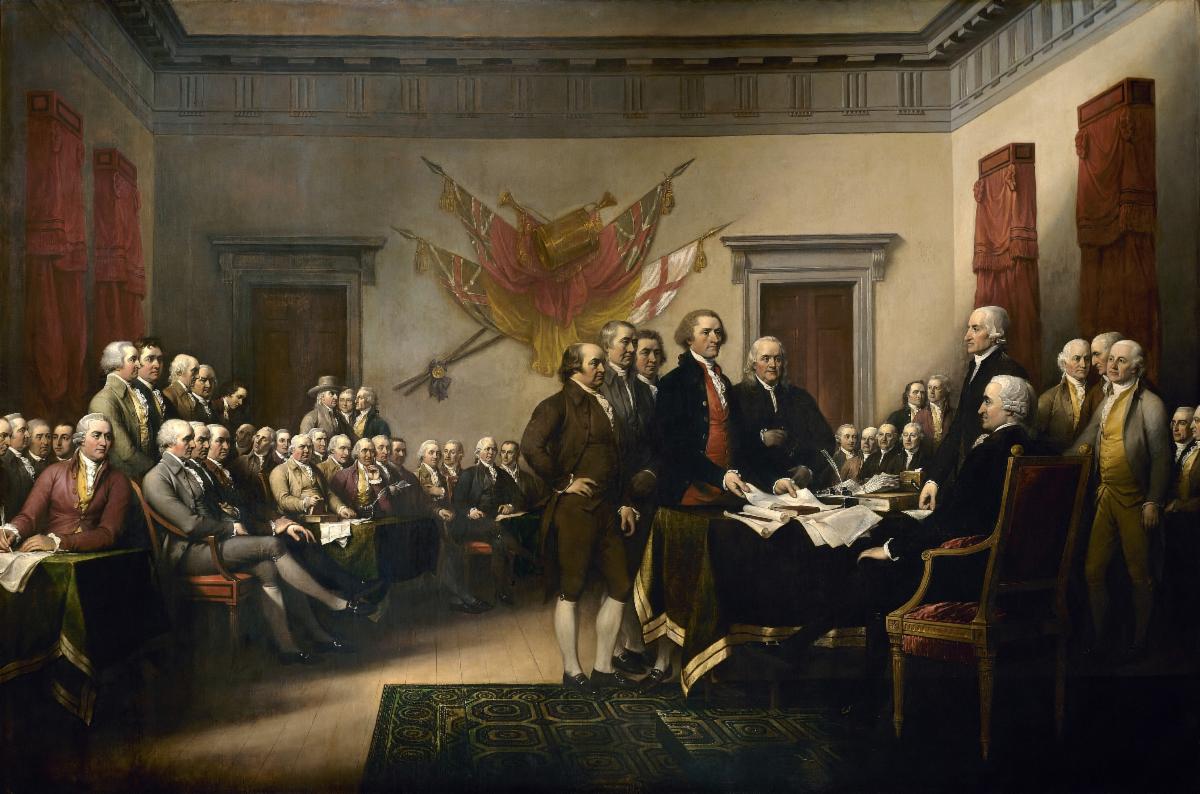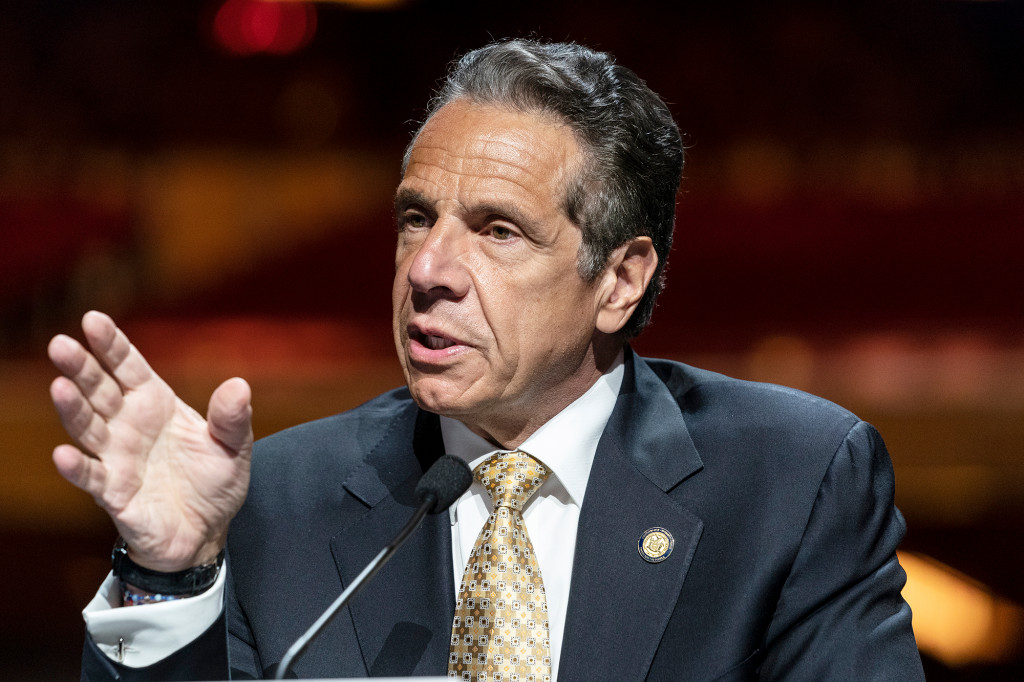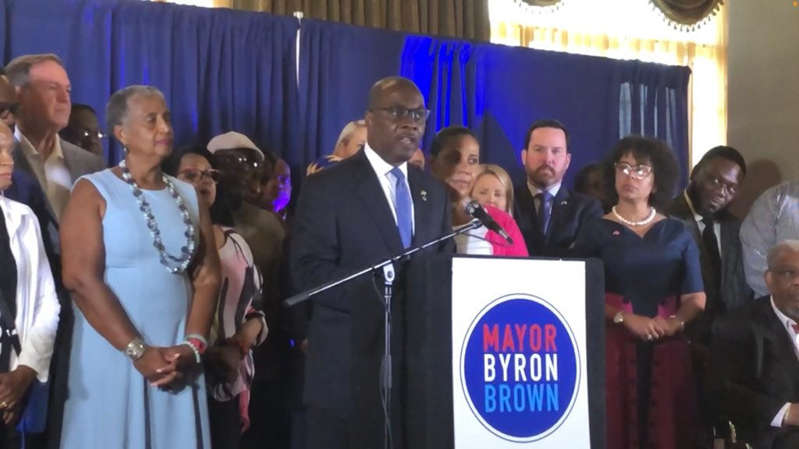Good Morning from Independence Hall… 
Last week, United States Transportation Secretary Pete Buttigieg visited New York City and Syracuse. There was some legislative movement in Washington where the House passed the National Science Foundation for the Future Act and the Department of Energy Science for the Future Act, two possible companion bills to the Senate U.S. Innovation and Competition Act (formerly known as the Endless Frontiers Act) perhaps setting up a Conference Committee to resolve the differences as well as movement on several appropriations bills. The Appropriations bills are important in their own right; they are also essential in that Democrats need to pass all these appropriations bills in order to make the Budget Reconciliation process possible (reminder that even with a bi-partisan $1.2 trillion infrastructure deal, Democrats in the Biden Administration and their Congressional allies intend to pass reconciliation packages between $2 trillion and $6 trillion.)
Governor Cuomo signed a handful of bills including the Opioid Trust Fund bill that creates a fund to be reserved for treatment, recovery and abatement efforts, preventing the money from being placed into the state’s general fund. Cuomo also continued to re-establish his re-election prospects holding a fundraiser where he expected to raise over $1 million (partly from union bosses and corporate CEOs), while only 12 hours later the New York State Assembly Judiciary Committee voted to issue subpoenas to compel testimony in its Impeachment Probe. Although some criticized the timing of that decision, the ranking Republican on the Judiciary Committee, Assemblyman Michael Montesano, a Nassau County Republican and former New York City Police Department detective, said the impeachment probe is following normal investigative paths: collecting documentary evidence and interviewing cooperative witnesses first before bringing in witnesses who are not cooperative: “You do your groundwork first.”
for treatment, recovery and abatement efforts, preventing the money from being placed into the state’s general fund. Cuomo also continued to re-establish his re-election prospects holding a fundraiser where he expected to raise over $1 million (partly from union bosses and corporate CEOs), while only 12 hours later the New York State Assembly Judiciary Committee voted to issue subpoenas to compel testimony in its Impeachment Probe. Although some criticized the timing of that decision, the ranking Republican on the Judiciary Committee, Assemblyman Michael Montesano, a Nassau County Republican and former New York City Police Department detective, said the impeachment probe is following normal investigative paths: collecting documentary evidence and interviewing cooperative witnesses first before bringing in witnesses who are not cooperative: “You do your groundwork first.”
Politically, the New York City Board of Elections reaffirmed that our election systems in New York are, at best, broken, while announcing that the New York City Mayoral Race had narrowed to less than 15,000 votes separating Brooklyn Borough President Eric Adams from his closest competitor, former NYC Sanitation Chief Kathryn Garcia, with about 125,000 votes left to count. In the state’s second largest city, Mayor Byron Brown announced that he was launching a write in effort dubbed “Write in Byron Brown” after losing the Democratic Primary Election to challenger Indian Walton. My commentary on local media is below.
broken, while announcing that the New York City Mayoral Race had narrowed to less than 15,000 votes separating Brooklyn Borough President Eric Adams from his closest competitor, former NYC Sanitation Chief Kathryn Garcia, with about 125,000 votes left to count. In the state’s second largest city, Mayor Byron Brown announced that he was launching a write in effort dubbed “Write in Byron Brown” after losing the Democratic Primary Election to challenger Indian Walton. My commentary on local media is below.
WATCH here as our Jack O’Donnell provides some insight on Mayor Brown’s write-in campaign with Don Postles of News 4 Buffalo, and Jack talked to WKBW-TV on what went wrong for Brown in the June primary election. Watch here. Jack also predicts more than $2M will be spent in the race for Buffalo mayor over the next 5 months. “Buffalo is going to become ground zero for this ideological battle for the soul of the Democratic Party” Watch more here.
How productive was the Legislative Session in New York?
We take a look at what did, and did not get done in our End of Session Overview.
FOR DAILY UPDATES, FOLLOW US:
Opinion | Republicans Shouldn’t Sign On to the Bipartisan Infrastructure Deal
So far, the bipartisan infrastructure deal is going through the normal life cycle of such proposals—alive, dead, revived, uncertain. For Republicans, the best answer should be dead. [Read more.]
 A First Lady for All of Us: On the Road with Dr. Jill Biden
A First Lady for All of Us: On the Road with Dr. Jill Biden
When Jill Biden visits community colleges, which is a lot these days, she is received in highly choreographed settings by a governor, say, or members of the public as the nation’s first lady. But to administrators and teachers, she is Dr. Jill Biden, college professor. [Read more.]

 A First Lady for All of Us: On the Road with Dr. Jill Biden
A First Lady for All of Us: On the Road with Dr. Jill Biden